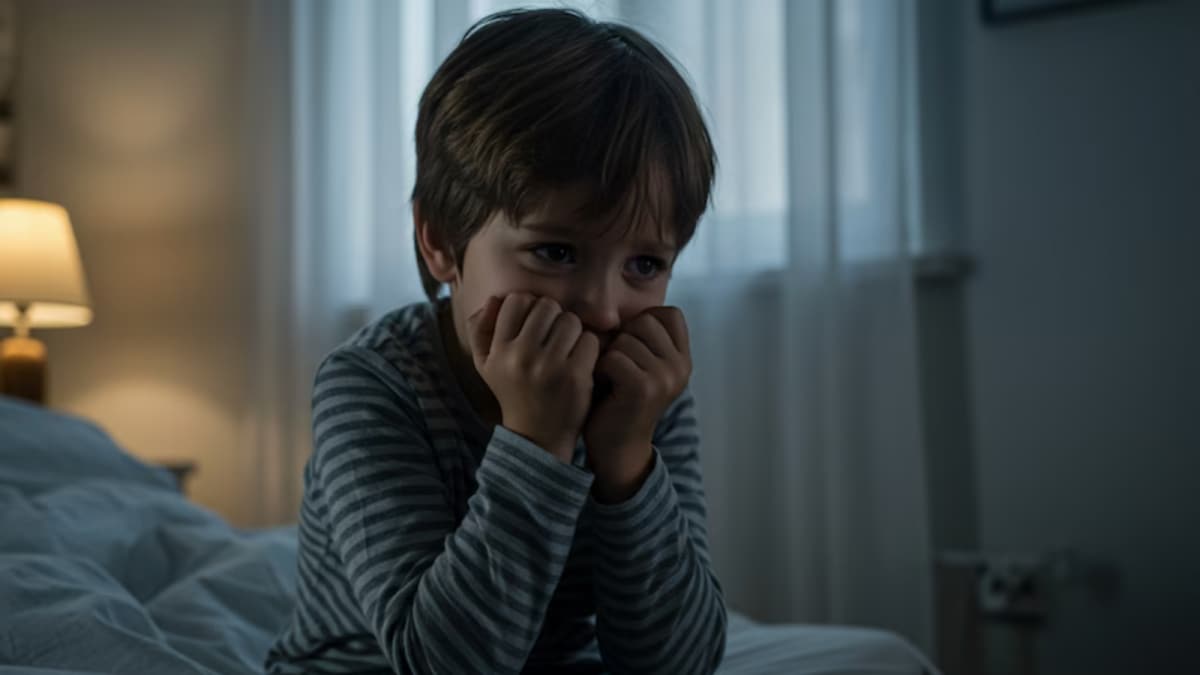Last Updated:
Latest research has shown how cases of anxiety is on the rise among school going children. Here’s how parents can identify the signs and help their kids.

Parent-led CBT and school support can help manage anxiety in children.
Anxiety among children and teenagers has been on the rise worldwide, and schools are one of the main areas where it shows up. More children today are worried about attending classes, avoiding school or struggling with focus and sleep. These challenges often affect their learning and well-being.
The positive side is that research shows there are clear early signs parents can watch out for. If spotted in time, families can step in with the right support and prevent anxiety from becoming a long-term issue.
Recommended Stories
Global Research Shows a Sharp Rise in Anxiety Among Students
A 2024 public health study found that anxiety disorders among those aged 10 to 24 increased by 52 per cent between 1990 and 2021, with the steepest jump after 2019. The researchers point to bullying, economic inequalities and the disruptions caused by the pandemic as major factors.
This isn’t just a family problem; it is a growing global trend. That means parents need to stay alert, because school anxiety is now considered a public health concern.
The Early Signs Are Not Always Obvious
Anxiety in children doesn’t always appear as obvious worry. Instead, it can show up in small, easily overlooked ways. A child who suddenly refuses to go to school, especially after a holiday or illness, might be experiencing anxiety.
Frequent stomach aches or headaches that vanish on weekends can also be a sign. Other red flags include trouble sleeping, loss of appetite, difficulty focusing or falling grades.
Younger kids may become clingy at drop-off, avoid friends or worry excessively about separation. Older students may struggle with fears of being judged, perfectionism or overwhelming worry about exams and social situations. These behaviours are more than “just nerves”; they can signal school-related anxiety.
Steps Parents Can Take to Intervene
Parents can support anxious children by normalising help-seeking and asking schools or doctors for early screening. Research shows that parent-led online Cognitive Behavioural Therapy (CBT) can ease symptoms, while school-based checks help identify kids who might otherwise be missed.
Simple Steps Make a Big Difference
- Have calm, validating talks: Listen and reassure instead of dismissing.
- Work with schools: Say yes to screenings and low-threshold support.
- Try guided parent-led CBT tools: Online programs are effective and accessible.
- Manage your own stress: Children model their parents’ coping.
- Don’t enable avoidance: Gradual, supported returns to school prevent long-term refusal.
In conclusion, school anxiety is rising, but early detection, school support, and parent-led care can help children feel more confident and secure.
- Location :
Delhi, India, India
Loading comments…
Go to Source
Author: News18




